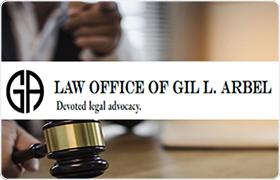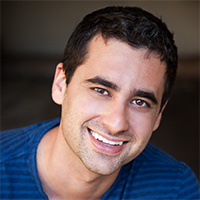Compton DUI-DWI Lawyer, California
Sponsored Law Firm
-
 x
x

Click For More Info:
-
Law Office of Gil L. Arbel
28541 Conejo View Dr. Agoura Hills, CA 91301» view mapCriminal Defense Law Devoted Legal Advocacy
At the Law Offices of Gil L. Arbel, we understand that legal matters can be intimidating and complicated, which is why it is crucial to take an informed approach.
800-961-3980
Andrew Marc Stein
✓ VERIFIEDAndrew M. Stein has been practicing law for over thirty years and has specialized in the area of criminal law and civil rights. He received his Bachel... (more)
Angela Rena Swan
✓ VERIFIEDMs. Swan has been licensed to practice in the state of California since 2001 and helps people with Divorce & Family and Criminal law matters.
Michael Scott Braun
✓ VERIFIEDI was born and raised in Nebraska and lived there until I relocated to California in 1990. Early on, I was expected to work and because of that, I hav... (more)
George L. Fernandez
✓ VERIFIEDFrom working at a large law firm, to opening his own practice, Attorney George L. Fernandez has represented hundreds of clients in the California and ... (more)
William K. Ringgold
✓ VERIFIEDMeet William K. Ringgold, a highly skilled and experienced lawyer who specializes in handling DUI cases in California. With a deep understanding of Ca... (more)
Charles Reinhardt Rondeau
✓ VERIFIEDCharles R. Rondeau has more than 25 years of experience successfully handling personal injury and employment-related cases throughout California. He h... (more)
FREE CONSULTATION
CONTACTFREE CONSULTATION
CONTACTJoel Simon Oiknine
FREE CONSULTATION
CONTACT Gil L. Arbel Agoura Hills, CA
Gil L. Arbel Agoura Hills, CA Practice AreasExpertise
Practice AreasExpertise






